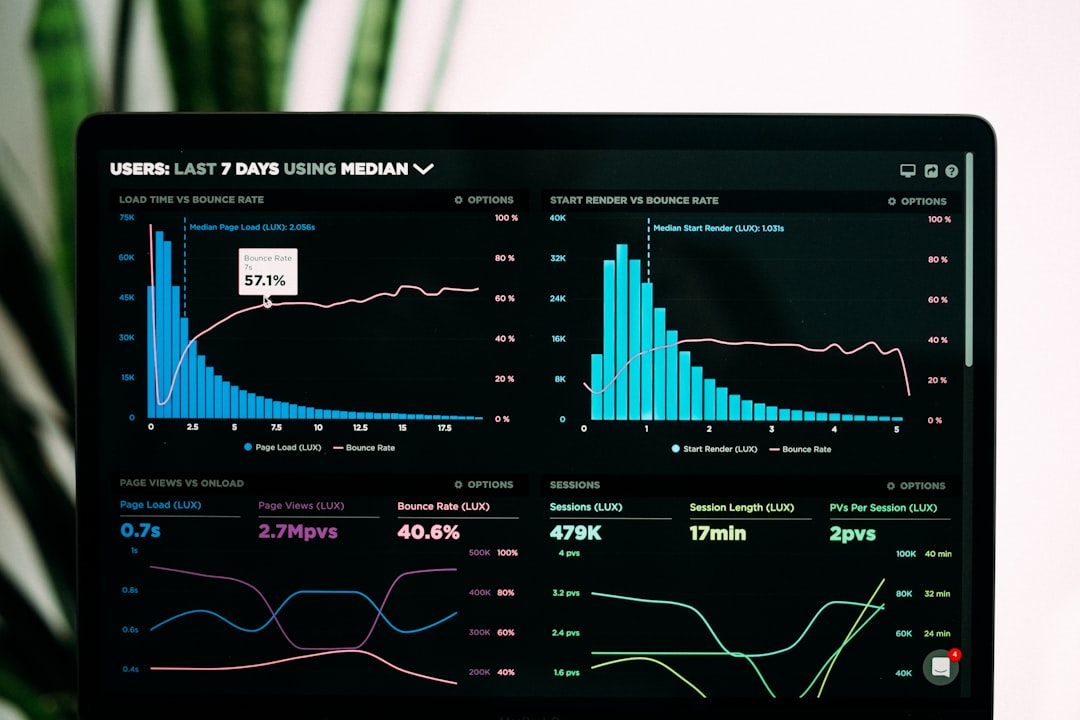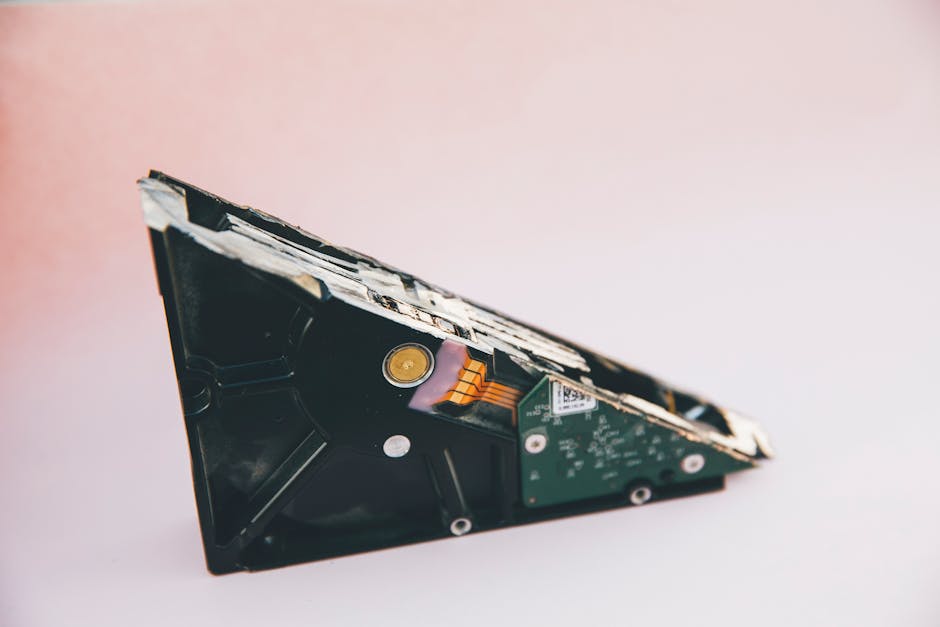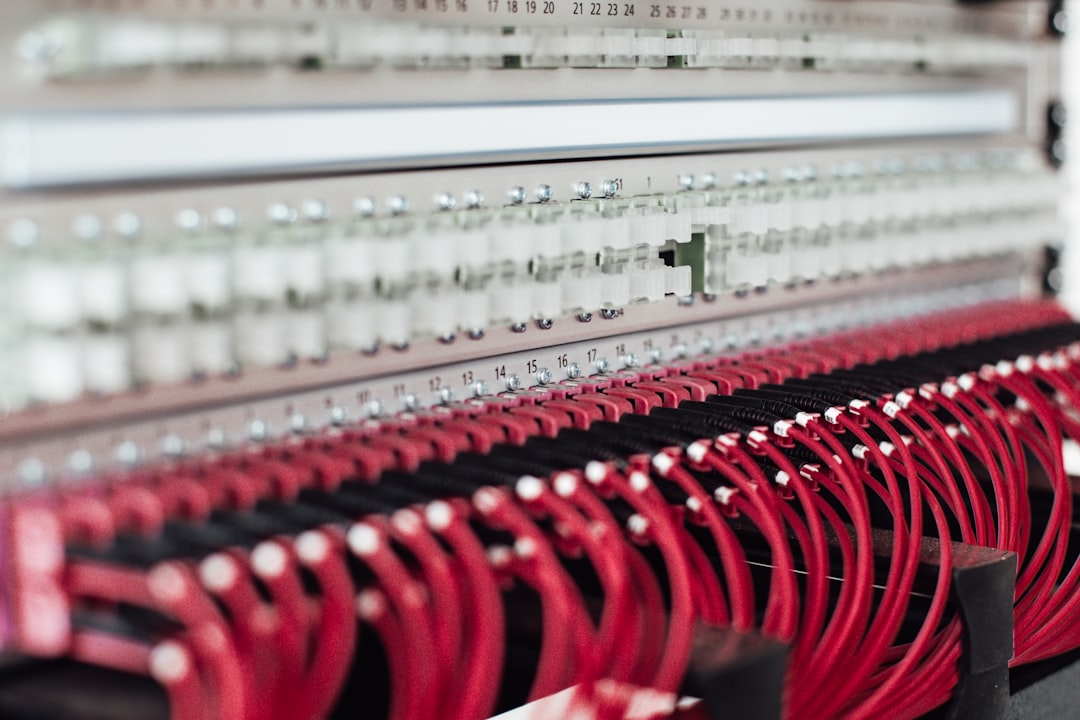Unlock encrypted content
Please enter your SSCE key to initiate on-the-fly decryption.
Decryption key: (Click cancel if you don't have the key)
Copied link to clipboard.
This feature is unavailable for free accounts. Upgrade now and enjoy all Premium benefits.
Go Premium!
This feature is unavailable for free accounts. Upgrade now and enjoy all Premium benefits.
Go Premium!
Please open this page in browser ( Google Chrome or Safari ) to use this feature.
Open In Browser
The Future of Technology: Exploring Cloud Storage Benefits, Vehicle Automation, and Human Memory Uploading.
Random related video for this blog.
Copied share link to clipboard.
In our rapidly advancing technological landscape, several innovations are transforming how we interact with data and machines.
Cloud Storage Benefits
Cloud storage has become an integral part of modern life, offering numerous benefits that resonate with both personal users and businesses. One of the most significant advantages is accessibility. With cloud storage solutions like FileLu, users can access their files from anywhere, provided they have an internet connection. This flexibility is particularly beneficial in an increasingly mobile world, where remote work and travel are commonplace. For instance, a graphic designer can upload their work to FileLu and access it from their laptop at a café or their smartphone while on vacation, ensuring productivity is never compromised. Moreover, cloud storage enhances collaboration. With intuitive file collaboration interfaces, teams can work together on projects in real-time, regardless of their physical location. Consider a scenario where a marketing team is spread across different cities; they can easily upload documents, share feedback, and make necessary changes all within a shared cloud space. FileLu's platform facilitates this seamless collaboration, allowing users to zip an entire folder and share it with their colleagues, streamlining workflows and improving efficiency. Lastly, security is paramount in today's digital age, and cloud storage solutions like FileLu prioritize data integrity and user privacy. With features such as Secure Solo Cipher Encryption (SSCE), users can rest assured that their sensitive information is well-protected. This is crucial for businesses that handle confidential client data, as any data breach could lead to severe repercussions. By utilizing cloud storage, companies can safeguard their information while also enjoying the operational advantages that come with it.Nanotechnology and Memory Uploading
The intersection of nanotechnology and cloud storage presents exciting possibilities, particularly regarding human memory. Researchers are exploring the concept of uploading human memories to cloud storage, afuturistic idea that could revolutionize how we perceive memory and identity. Imagine a world where significant life events could be stored in digital formats, allowing individuals to revisit their memories at any time. This could be especially beneficial for those suffering from memory-related conditions, such as Alzheimer's disease, providing a way to preserve and access cherished moments. Nanotechnology plays a crucial role in this potential future. By developing nanoscale devices capable of interfacing with the human brain, scientists could theoretically extract and store memories in a digital format. These devices could work similarly to how we currently upload files to cloud storage, but instead, they would translate neural activity into data that could be stored securely on platforms like FileLu. This technology is still in its infancy, but the implications are profound. Consider the potential applications in education and personal development. If students could upload lessons learned or experiences gained to a cloud storage platform, they could revisit these memories whenever needed, enhancing their learning processes. Furthermore, this could lead to new forms of storytelling and creativity, where memories become collaborative projects shared among friends and family. While ethical and practical concerns abound, the idea of merging human cognition with cloud storage opens a dialogue about the future of memory and identity in a digital age.
Vehicle Automation and Electric Vehicles
Vehicle automation is another cutting-edge innovation reshaping our world. The rise of electric vehicles (EVs), particularly those equipped with advanced automation features, represents a significant leap towards sustainable transportation. Companies like Tesla are at the forefront of this movement, offering vehicles with Full Self-Driving (FSD) capabilities that promise to transform how we commute and travel. The benefits of vehicle automation extend beyond the convenience of hands-free driving. Automated vehicles can improve road safety by reducing human error, which is a leading cause of accidents. By utilizing sensors and advanced algorithms, these vehicles can react faster to changing road conditions, potentially saving lives. For instance, Tesla's FSD technology is designed to navigate complex traffic situations, helping drivers avoid collisions and navigate efficiently. Moreover, the integration of cloud storage into vehicle automation enhances the overall experience. EVs can collect and upload data related to driving patterns, maintenance needs, and even passenger comfort to cloud storage. This information can be analyzed to provide personalized recommendations for drivers, optimizing performance and ensuring a seamless driving experience. Imagine a scenario where your vehicle learns your preferences and suggests the best routes based on traffic patterns, weather conditions, and even your mood. Such intuitive interfaces, powered by cloud storage capabilities, can redefine our interaction with transportation.Intuitive File Collaboration Interfaces and Innovations
As the digital landscape evolves, the demand for intuitive file collaboration interfaces is more pronounced than ever. Businesses and individuals alike require tools that simplify the sharing and editing of documents, making collaboration as seamless as possible. FileLu stands out in this regard, offering features that allow users to easily upload, share, and collaborate on files in real-time. One of the key innovations in this space is the ability to zip an entire folder and share it with colleagues or friends. This feature is particularly useful for project teams that need to exchange large amounts of data quickly. Instead of sending multiple files individually, users can compress their work into a single folder and share it with just a few clicks. This not only saves time but also ensures that no files are overlooked during the sharing process. Furthermore, the integration of cloud storage with mobile applications enhances collaboration on the go. The FileLu mobile app, for instance, allows users to manage their files from their smartphones, making it easy to stay connected and productive while away from their desks. This level of convenience is crucial in today’s fast-paced environment, where work can occur anywhere and at any time. As innovations continue to emerge, the future of file collaboration looks promising, with more intuitive interfaces that cater to the needs of diverse users.Conclusion
The convergence of cloud storage, nanotechnology, vehicle automation, and intuitive collaboration tools represents a transformative shift in how we interact with technology. From the potential of uploading human memories to secure cloud platforms to the rise of electric vehicles equipped with advanced automation features, the future is filled with possibilities that challenge our traditional understanding of identity, memory, and transportation. As we embrace these cutting-edge innovations, it is crucial to consider the implications they have on our privacy, security, and daily lives. Companies like FileLu are leading the charge in providing secure and accessible cloud storage solutions that empower users to take control of their data. The integration of these technologies will undoubtedly shape the future, paving the way for a more connected and efficient world.Frequently Asked Questions (FAQs)
Question: What are the benefits of using FileLu for cloud storage? Answer:
FileLu offers secure cloud storage with features like large file transfer, intuitive collaboration, and encryption options.
Question: How does nanotechnology relate to cloud storage? Answer:
Nanotechnology may enable the uploading of human memories to cloud storage, revolutionizing how we preserve and revisit experiences.
Question: What advantages do electric vehicles with automation provide? Answer:
Automated electric vehicles enhance road safety, improve efficiency, and offer a more convenient driving experience.
By Amelia Isabella.
Email: [email protected]
Related
Secure Cloud Storage for Photographers: The Importance of Data Accessibility...
June 2, 2023
Read More
Efficient File Management with Seamless Integration and Real-Time Synchronization.
June 2, 2023
Read More
Popular
Latest
The Future of Digital Transformation: Exploring Smart Homes, Efficient File...
November 30, 2025
Read More
Exploring the Benefits of Cloud Storage and Innovative Technologies in...
November 26, 2025
Read More
The Future of Technology: Exploring Biohacking, Space Tourism, and Digital...
November 23, 2025
Read More
The Future of File Sharing: Streamlined Workflows for Photographers and...
November 19, 2025
Read More
Exploring the Intersection of Technology: From Cybersecurity to Augmented Reality...
November 16, 2025
Read More
The Future of File Management: Embracing Edge Computing and Efficient...
November 12, 2025
Read More
The Future of File Sharing: Exploring User-Friendly Solutions and Data...
November 5, 2025
Read More
The Future of Cloud Storage: How FileLu Empowers Creative Professionals...
November 2, 2025
Read More
The Future of Autonomous Technologies: Innovations in Robotics, File Sharing,...
October 29, 2025
Read More
Emerging Technologies Revolutionizing File Management: From Li-Fi to Robust Collaboration...
October 26, 2025
Read More
Emerging Technologies: Exploring the Impact of File Access Auditing, Genetic...
October 19, 2025
Read More
The Future of Data Storage: Exploring Advanced Encryption, Mobile Integration,...
October 5, 2025
Read More
Exploring the Future of Data Management: Security, Efficiency, and Cognitive...
September 28, 2025
Read More
Revolutionizing Data Management: Innovations in Storage, Security, and Sustainable Technology.
September 24, 2025
Read More
























